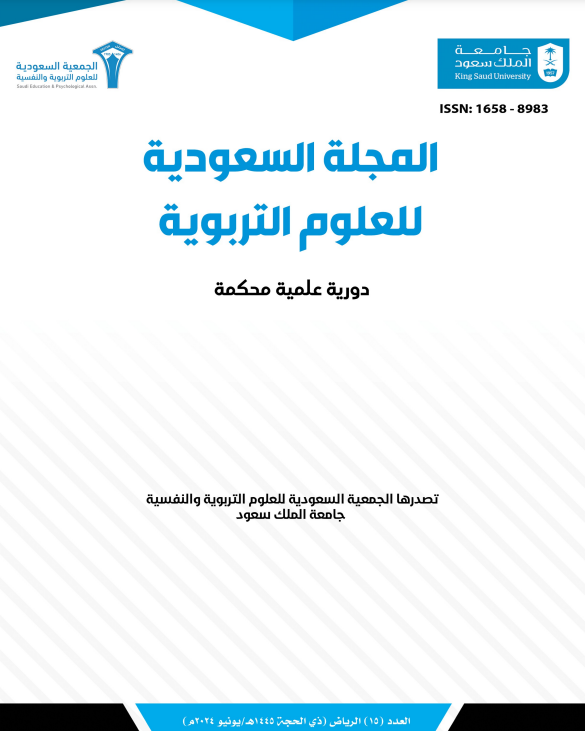The level of influence of the inductive strategy, decision-making, and direct instruction in developing the analysis and reasoning skills of mathematics students in the tenth grade of secondary school in the State of Kuwait
Keywords:
strategy, inductive, decision-making, reasoning, analysisAbstract
The study aimed to identify the level of influence of the inductive strategy, decision-making, and direct instruction in developing the reasoning and analysis skills of mathematics learners in the tenth grade in the State of Kuwait. The researcher used the quasi-experimental method to analyze the results through One Way ANOVA. The standard deviation test was applied to all grades, and the results of the study were summarized in the presence of statistically significant differences between the three strategies and their impact in teaching on learners’ learning at a significance level of less than (0.05). The researcher found the significant effect by calculating the Eta square (²η). The three strategies provide learners with the skills of reasoning and analysis in mathematics. The inductive strategy had a significant impact on providing learners with the inference skill, first the degree of influence reached (0.691), then the analysis skill, which reached (0.681). As for the decision-making strategy, the degree of influence for the analysis skill reached (0.832) and the degree of influence for the reasoning skill reached (0.653), and for the direct education strategy the degree of influence for the analysis skill reached (0.753) and the reasoning skill reached (0.594).




